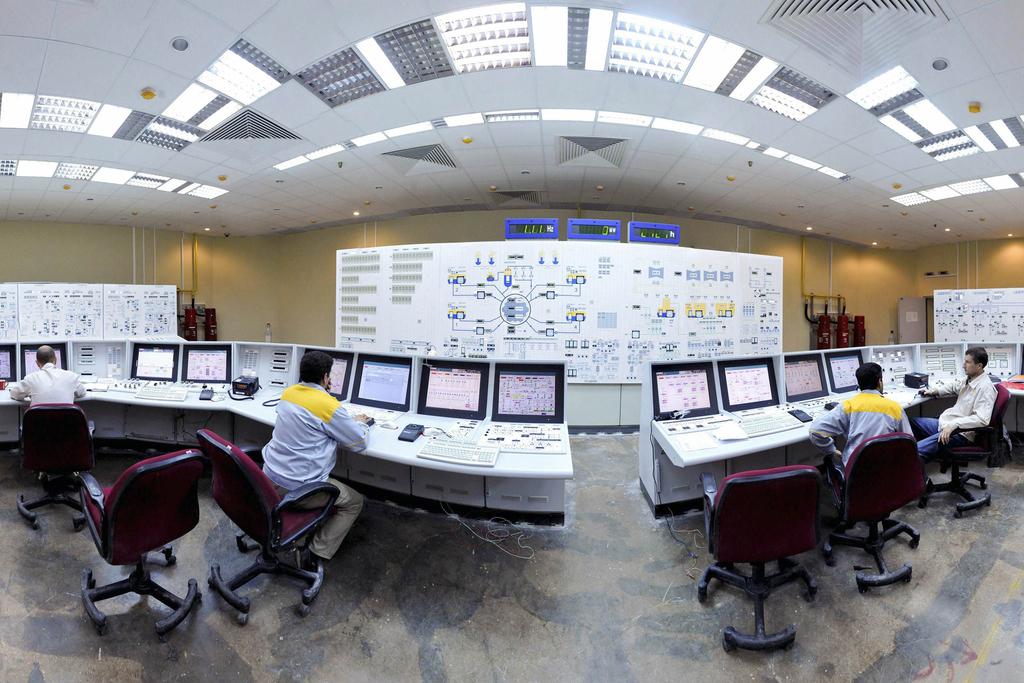-
Tips for becoming a good boxer - November 6, 2020
-
7 expert tips for making your hens night a memorable one - November 6, 2020
-
5 reasons to host your Christmas party on a cruise boat - November 6, 2020
-
What to do when you’re charged with a crime - November 6, 2020
-
Should you get one or multiple dogs? Here’s all you need to know - November 3, 2020
-
A Guide: How to Build Your Very Own Magic Mirror - February 14, 2019
-
Our Top Inspirational Baseball Stars - November 24, 2018
-
Five Tech Tools That Will Help You Turn Your Blog into a Business - November 24, 2018
-
How to Indulge on Vacation without Expanding Your Waist - November 9, 2018
-
5 Strategies for Businesses to Appeal to Today’s Increasingly Mobile-Crazed Customers - November 9, 2018
Germany to US: Call out Iran but Keep Nuclear Deal
European powers have reaffirmed their determination to preserve Iran’s nuclear agreement against the backdrop of USA efforts to undermine the landmark multinational deal.
Advertisement
The Trump administration’s deadline on whether to decertify the pact or reimpose oil sanctions on Iran is mid-January, and the State Department said on Tuesday the administration was expected to decide on Friday. U.S. officials said the measures would target Iranian businesses and arms dealing middlemen.
Zarif noted in a tweet the “strong consensus in Brussels” that Tehran is respecting its obligations and that “Iran’s continued compliance (is) conditioned on full compliance by the U.S”. “IAEA has verified Iran’s full compliance, but continuation will depend on full U.S. compliance”, Zarif tweeted from Moscow.
“We see no particular reason to disengage in any way from this agreement, as Iran has been seen to respect all the provisions of this agreement”, he said, striking a chord with his German and British counterparts, Sigmar Gabriel and Boris Johnson. “So, I think the Europeans should be aware of that”.
European countries including France and Italy have benefited from renewed trade with Iran, whose proven natural gas reserves are as vast as Russia’s, while Britain reopened its embassy in Tehran following the deal.
The International Atomic Energy Agency (IAEA) has said Iran is keeping up its side of the agreement, most recently in November.
And so, essentially, President Trump may be about to adopt President Obama’s posture on Iran’s nuclear ambition, with the approval of the Beltway establishment, who hope to defer the moment of reckoning as long as possible. In particular there is sympathy with the United States push to end the deal’s “sunset clauses”, which phase out restrictions on Iranian activities in the next decade.
Thank you for your feedback.
During Zarif-Le Drian’s talks, the two also discussed regional security and stability, underlining the significance of finding peaceful solutions to the regional crises through political consultations.
It emerged on Thursday that senior Iranian leaders have lain the blame for recent demonstrations on the failure to secure full sanctions relief since 2015.
And over the past few weeks, the president has been vocal in his support for anti-regime protests in Iran – unlike his predecessor. The EU has focused on ensuring that the right to protest is defended.
Refusing to waive sanctions would have empowered Iranian hard-liners who distrust the United States and turned Washington into an adversary they could blame for internal disruptions, said John Glaser, head of foreign policy studies at the libertarian Cato Institute.
Advertisement
The former United Kingdom foreign secretary Jack Straw has suggested the European Union consider legislation to protect European Union companies from USA sanctions if Washington reimposes sanctions over the deal.





























